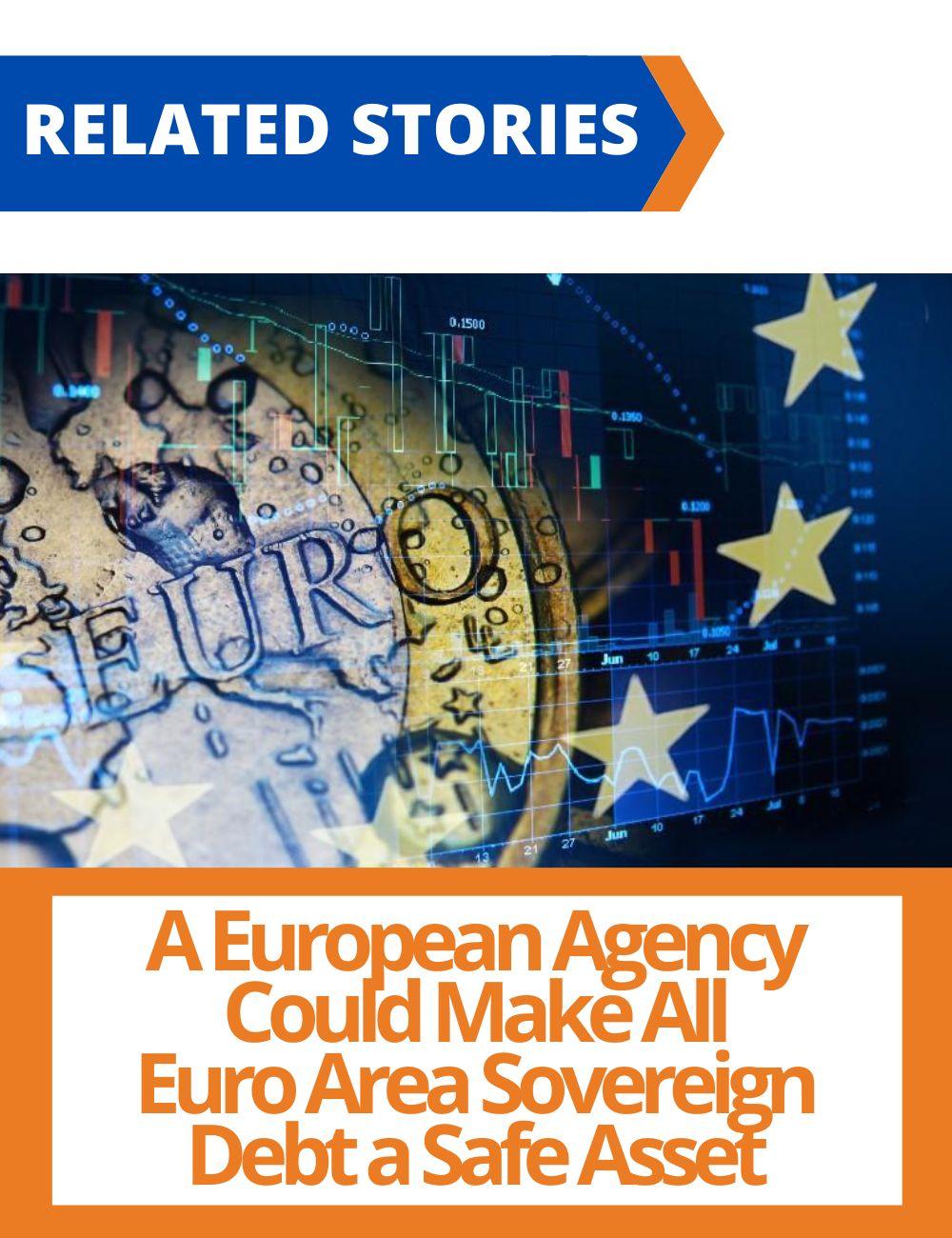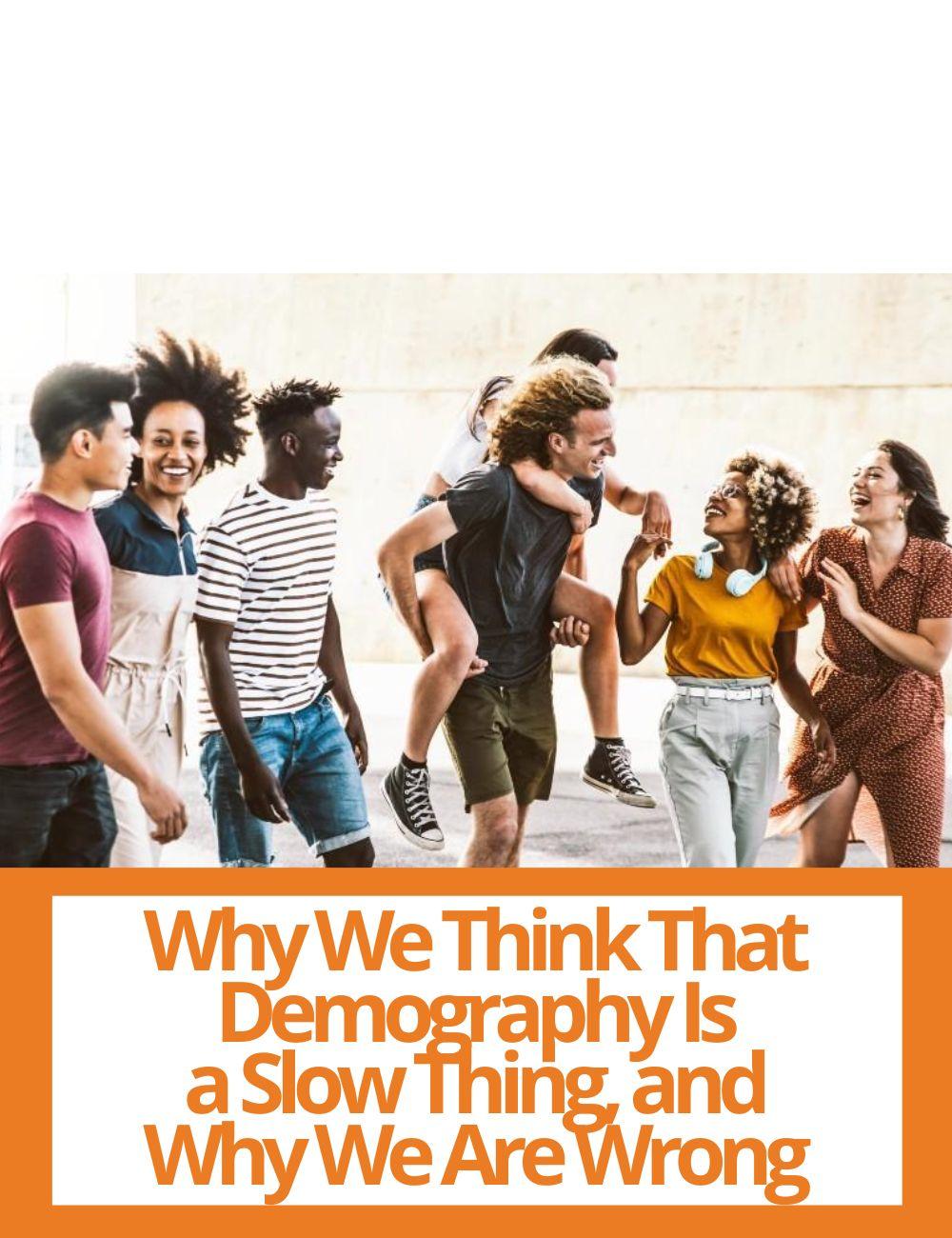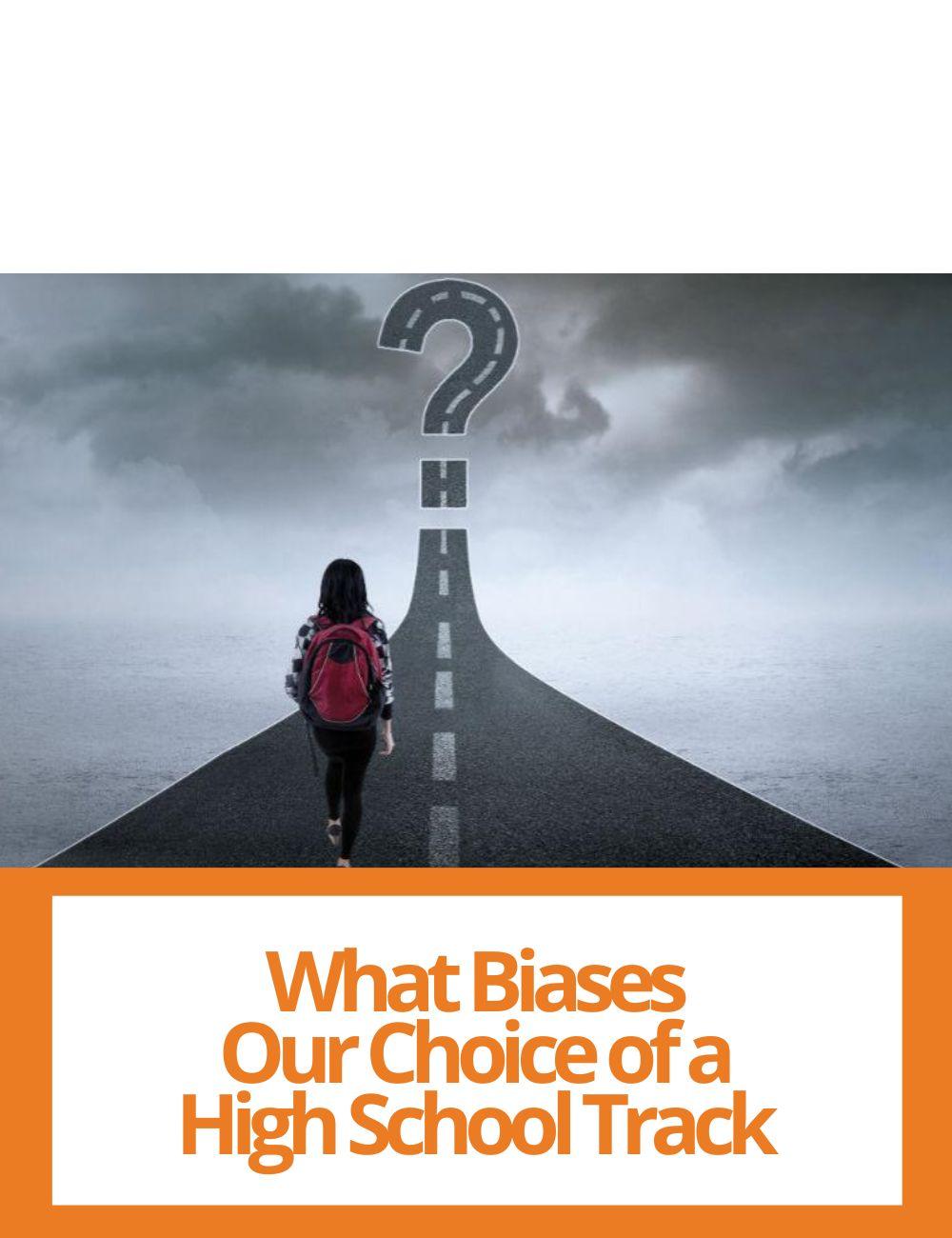
It's Never too Late to Understand Finance
AN EXPERIMENT BY BILLARI, FAVERO AND SAITA SHOWS THAT EVEN SIMPLE, LOW COST ONLINE EDUCATION INTERVENTIONS CAN IMPROVE ADULTS' KNOWLEDGE AND CHANGE THEIR INVESTMENT BEHAVIORIndividuals' financial education can be improved even in adulthood and with simple, low-cost actions that can affect not only the level of knowledge but also people's behavior. This is demonstrated in a paper by Francesco Billari (Department of Social and Political Sciences and Rector of Bocconi), Carlo Favero, and Francesco Saita (both at the Bocconi Department of Finance), which describes and evaluates the results of an online training initiative, funded with a grant from the Citi Foundation. It was directed at subscribers to Cometa, an employer-based pension fund reserved to metalworkers.
Participants in the experiment were recruited by e-mail, through an invitation to watch via streaming a 25-minute financial training video. Half the participants filled out a demographic and financial literacy questionnaire before watching the video, while the other half filled it out two weeks after watching the video, to measure its effects by comparing their responses with those who filled it out before having the training experience. The final sample size was 1,436 questionnaires.
The intervention was found to be effective, with statistically significant improvements in responses to 10 out of 11 questions. The proportion of those who said they had sought information on pension fund investment lines in the past two weeks was also 16% higher among those who had watched the training video.
The responses, on the one hand, showed that some individual characteristics such as education level, gender, and geographic area of residence affect the level of financial literacy. On the other hand, however, individuals of all characteristics benefitted from the training and, indeed, the gap tends to narrow, albeit only slightly, after exposure to the video.
“In recent decades, the aging of the population, increased life expectancy at retirement age, and reforms in pension systems,” says Francesco Billari, “have led to the emergence of a new type of risk: longevity risk, which is the possibility that individuals may outlive their financial resources, thus putting their economic security at risk.” Correctly directing workers' choices toward retirement investments with the right risk-return ratio is, therefore, increasingly crucial both for individuals and to avoid burdening the welfare system in the long run.



In addition, using demographic information to focus participants' attention could improve the effectiveness of financial literacy programs, as the importance of knowledge of longevity issues and related risks becomes more immediate and visible.
The Cometa Fund, at the time of the intervention, proposed four investment lines with different risk profiles, from which workers could choose. If no choice was made, members were assigned, by default, to the line with the lowest risk (and lowest return). Seventy-eight percent of new members ended up in this investment line. “The video provided the tools to understand that this is a suboptimal choice, especially for younger people,” explains Carlo Favero, “because it is in the long run that one can best absorb the higher volatility of riskier investments. So, we wanted to measure the effects of training on the actual behavior of workers.” Three months after the intervention, the researchers thus compared the share of those who had changed their investment line choice amongparticipants in the training and among workers who were perfectly comparable to the participants in terms of job role, age, education, and gender, but who had not been exposed to the video.
While only 0.6% of the untrained workers had changed their choice, 9.6% of those who had participated in the intervention had switched to lines with a higher risk profile. Further confirming its effectiveness, it was mostly younger workers who changed (11.3% of those in their 30s, compared with 1% of those in their 60s).
“Our analysis shows that low-cost literacy interventions directed at adults can have real effects on behavior as well,” says Francesco Saita. “The results also suggest that it is important to combine financial and demographic information, while also providing clear guidance on where additional information can be found.”
The same authors, together with Luca Maria Pesando (NYU Abu Dhabi) had already addressed financial and demographic education in a chapter of a book on Financial Education and Risk Literacy. With the collaboration of schools, they had carried out a more structured intervention in a number of Italian high schools and vocational institutes. In that case, they had recorded a positive effect on the demographic knowledge of kids in both types of institutions, but the effect on financial knowledge was observable only for high school students and students in vocational institutions with better academic performance.
Francesco Billari, Carlo Favero, Francesco Saita, “Online Financial and Demographic Education for Workers: Experimental Evidence from an Italian Pension Fund.” Journal of Banking and Finance 151 (2023) 106849. DOI: https://doi.org/10.1016/j.jbankfin.2023.106849.
by Fabio Todesco
